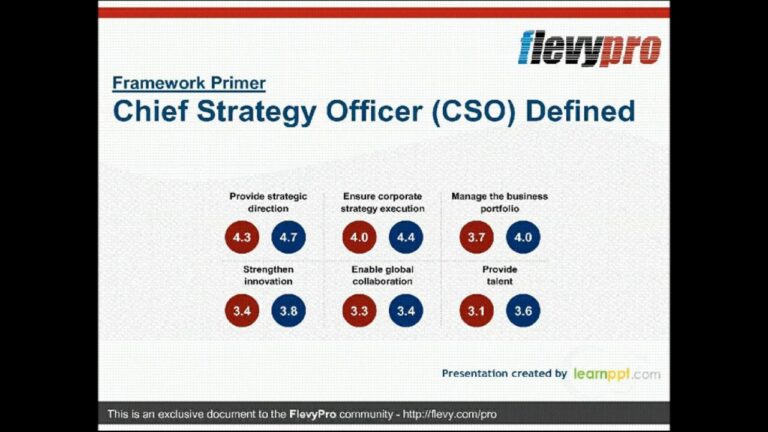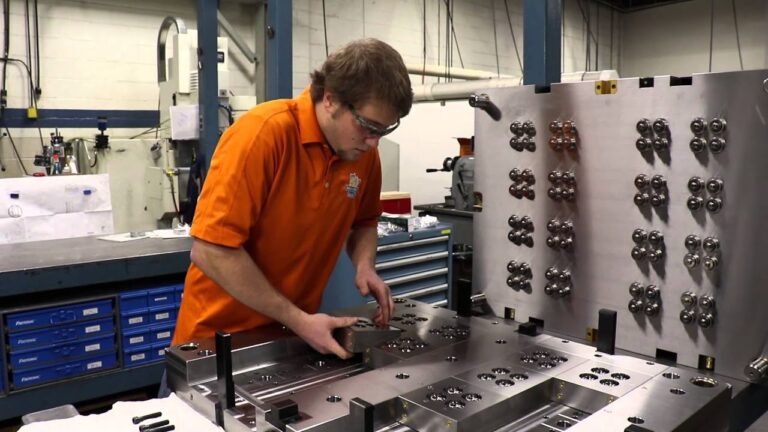Hardware Engineer: Job Description and Salary Revealed!

Hardware Engineer Job Description Template
Hardware Engineer Job Description A hardware engineer is a professional responsible for designing, developing, testing, and maintaining various hardware components and systems. They typically work in industries such as technology, manufacturing, telecommunications, aerospace, and automotive. The main responsibilities of a hardware engineer include designing and implementing hardware solutions, conducting tests and troubleshooting to ensure functionality and performance, and collaborating with other engineers and teams to develop innovative hardware products. They also participate in the research and development of new technologies, analyzing data and specifications to meet customer requirements. Attention to detail is a crucial aspect of a hardware engineer’s job. They need to carefully examine and analyze technical drawings, specifications, and documentation to ensure accuracy and precision in their designs. Any errors or flaws in hardware components can lead to malfunctions or failures in the final product. Additionally, problem-solving skills are essential for hardware engineers. They must be able to identify and resolve issues that arise during the development and testing phase. This requires a deep understanding of hardware systems, as well as the ability to think critically and creatively to find solutions. In conclusion, a hardware engineer plays a vital role in the development process of hardware components and systems. Their attention to detail and problem-solving skills are crucial for ensuring the functionality and performance of the final product.Hardware Engineer Responsibilities
Hardware Engineer Requirements
How Much Does A Hardware Engineer Make?
Hardware Engineer Salary
| Seniority Level | Salary Range (USD) |
|---|---|
| Entry Level | 50,000 – 70,000 |
| Mid-Level | 70,000 – 100,000 |
| Experienced | 100,000 – 150,000 |
| Senior | 150,000 – 200,000+ |
A hardware engineer is responsible for designing, developing, and testing computer hardware components and systems. They work on various projects, including computer processors, circuit boards, memory devices, and network equipment. The salary of a hardware engineer can vary based on their experience and seniority level.
Entry-level hardware engineers typically earn a salary range of $50,000 to $70,000 per year. As they gain more experience and move into mid-level positions, their salary range can increase to $70,000 to $100,000. Experienced hardware engineers with several years of experience can earn a salary range of $100,000 to $150,000. Senior hardware engineers, who have significant expertise and leadership roles, can earn a salary range of $150,000 and above.
It is important to note that these salary ranges are approximate and can vary based on factors such as location, company size, and industry. Additionally, individuals with advanced degrees or specialized skills may have higher earning potential.
Hardware Engineer Salaries by Country
Top Paying Countries for Hardware Engineer
| Country | Average Annual Salary (USD) |
|---|---|
| United States | 100,000 |
| Switzerland | 95,000 |
| Australia | 85,000 |
| Germany | 80,000 |
| Canada | 75,000 |
A hardware engineer is responsible for designing, developing, and testing computer hardware components. This field offers lucrative career opportunities, and the salary of a hardware engineer can vary significantly from one country to another. According to recent data, the top paying countries for hardware engineers are the United States, Switzerland, Australia, Germany, and Canada. These countries offer competitive average annual salaries ranging from $75,000 to $100,000. It is important to note that salaries can also be influenced by factors such as experience, qualifications, and the specific industry in which a hardware engineer works. Pursuing a career in hardware engineering in these countries can provide excellent financial rewards and professional growth opportunities.
A video on the topic Hardware Engineer
Video Source : Aleks GornikInterview Questions for Hardware Engineer
1. Can you briefly explain your experience as a hardware engineer?
I have been working as a hardware engineer for the past five years. During this time, I have been involved in designing and testing various hardware components for electronic devices. I have also collaborated with cross-functional teams to ensure the seamless integration of hardware and software.
2. What is your approach to designing hardware components?
When designing hardware components, I follow a systematic approach. I start by understanding the requirements and specifications provided by the client or project team. Then, I create a detailed design plan, including schematic diagrams and component selection. I also consider factors like power consumption, heat dissipation, and electromagnetic interference during the design process.
3. How do you ensure the quality and reliability of hardware components?
To ensure quality and reliability, I conduct rigorous testing and validation procedures. This includes functional testing, stress testing, and environmental testing. I also perform failure analysis and root cause investigations to identify and address any issues. Additionally, I stay updated with industry standards and best practices to incorporate them into my designs.
4. Can you explain your experience with PCB design?
I have extensive experience with PCB design. I am proficient in using CAD software for schematic capture, layout design, and creating manufacturing files. I have designed multi-layered PCBs, taking into account signal integrity, power distribution, and thermal management. I am also familiar with PCB fabrication processes and have worked closely with PCB manufacturers to ensure the successful production of my designs.
5. How do you handle challenges or issues that arise during the hardware development process?
When faced with challenges or issues, I adopt a systematic and analytical approach. I first identify the root cause of the problem through thorough analysis and testing. Then, I work collaboratively with the team to develop and implement effective solutions. I am proactive in seeking assistance from subject matter experts or conducting research to overcome any obstacles.
6. Can you discuss your experience with firmware development for hardware systems?
While my primary focus is on hardware engineering, I have experience in firmware development as well. I have worked closely with software engineers to develop and test firmware for hardware systems. This includes writing code to control and monitor hardware components, implementing communication protocols, and ensuring compatibility with the overall system architecture.
7. Tell me about a project where you successfully optimized the performance of a hardware component.
In a previous project, I was tasked with optimizing the performance of a microcontroller-based hardware component. After analyzing the design and conducting experiments, I identified certain areas for improvement. I redesigned the circuit layout to minimize signal interference and made firmware modifications to enhance efficiency. As a result, the performance of the hardware component significantly improved, meeting all the project requirements.
8. How do you stay updated with the latest trends and advancements in hardware engineering?
I am a firm believer in continuous learning and professional development. I regularly attend industry conferences, workshops, and webinars to stay updated with the latest trends and advancements in hardware engineering. I also actively participate in online forums and engage in networking with other professionals in the field. Additionally, I frequently read technical journals and publications to broaden my knowledge.
9. Can you explain your experience with working in cross-functional teams?
Throughout my career, I have gained extensive experience in working with cross-functional teams. I understand the importance of effective communication and collaboration when it comes to hardware development. I have successfully collaborated with software engineers, firmware engineers, industrial designers, and manufacturing teams to ensure the seamless integration of hardware into electronic devices.
10. How do you prioritize tasks and manage your time effectively as a hardware engineer?
As a hardware engineer, I prioritize tasks based on their urgency and impact on project timelines. I create a detailed project plan that outlines key milestones and deadlines. I also allocate sufficient time for testing, debugging, and iterations. To manage my time effectively, I use project management tools and techniques such as Gantt charts, to-do lists, and regular progress tracking. This allows me to stay organized and meet project deadlines.






